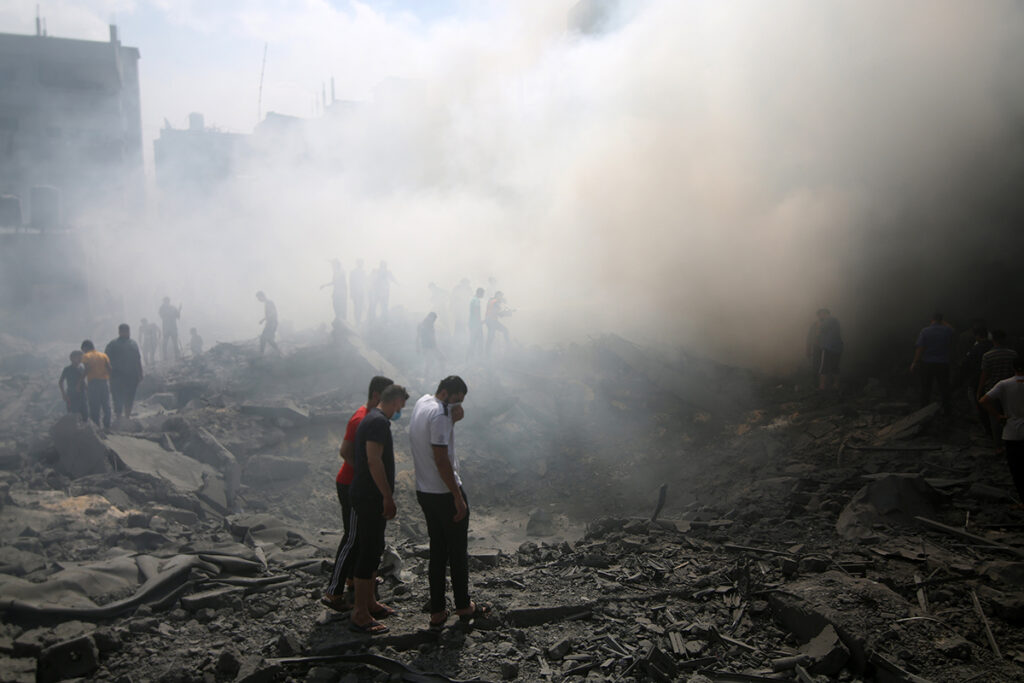Germany has announced its decision to resume cooperation with the United Nations Relief and Works Agency for Palestine Refugees in the Near East (UNRWA) following a comprehensive review of the agency’s neutrality. This move aligns with actions taken by several other countries, including Australia, Canada, Sweden, and Japan, who have already reinstated their support for UNRWA.
The decision comes after the publication of an independent report that examined UNRWA’s adherence to principles of neutrality in its operations. The report concluded that while UNRWA has robust procedures in place to maintain neutrality, there are significant gaps in implementation that need to be addressed. Among the recommendations of the report are calls for stronger oversight of UNRWA’s leadership and increased international involvement to support the agency in addressing neutrality issues.
In response to the findings of the report, Germany’s foreign and development aid ministries released a joint statement affirming their commitment to implementing the recommendations promptly. They emphasized the importance of accompanying these reforms with continued cooperation and support for UNRWA’s humanitarian efforts in Gaza.
UNRWA provides essential services to over 6 million Palestinian refugees, including education, healthcare, and social services. Its work is particularly vital in Gaza, where more than half of the population is currently seeking refuge, amid ongoing conflict and humanitarian crises.
The decision to resume cooperation with UNRWA has been met with mixed reactions. While Germany and other supporting nations view it as a necessary step to ensure the delivery of humanitarian aid to those in need, Israel has expressed disappointment and concern.
The Israeli Foreign Ministry described Germany’s decision as “regrettable and disappointing,” reiterating longstanding allegations that UNRWA employs individuals affiliated with Palestinian militant groups. Israel’s stance on UNRWA stems from claims that the agency’s operations have been compromised by the presence of militants among its staff, leading to the suspension of contributions by the United States and other countries.
Meanwhile, tensions in the region continue to escalate, with the Israeli military announcing the redeployment of two reserve brigades from its northern border to Gaza. The move is part of preparations for an offensive in Rafah, described by Israel as Hamas’ last stronghold in the territory.
The ongoing conflict between Israel and Hamas, sparked by a militant raid into southern Israel, has resulted in significant casualties and displacement. According to local health officials, more than 34,000 Palestinians, including a high proportion of civilians, have been killed since the outbreak of hostilities. The situation in Gaza has been further exacerbated by a dire humanitarian crisis, with experts warning of famine and widespread suffering among the civilian population.
Amid the escalating violence, international efforts to address the crisis have intensified. U.S. President Joe Biden recently signed a $95 billion war aid measure, including humanitarian assistance for Gaza, aimed at alleviating the suffering of civilians caught in the crossfire.
As the situation in the region remains volatile, the resumption of cooperation between Germany and UNRWA signals a renewed commitment to addressing the humanitarian needs of Palestinian refugees. However, challenges persist as the conflict continues to unfold, underscoring the urgent need for a comprehensive and sustainable solution to the crisis.


